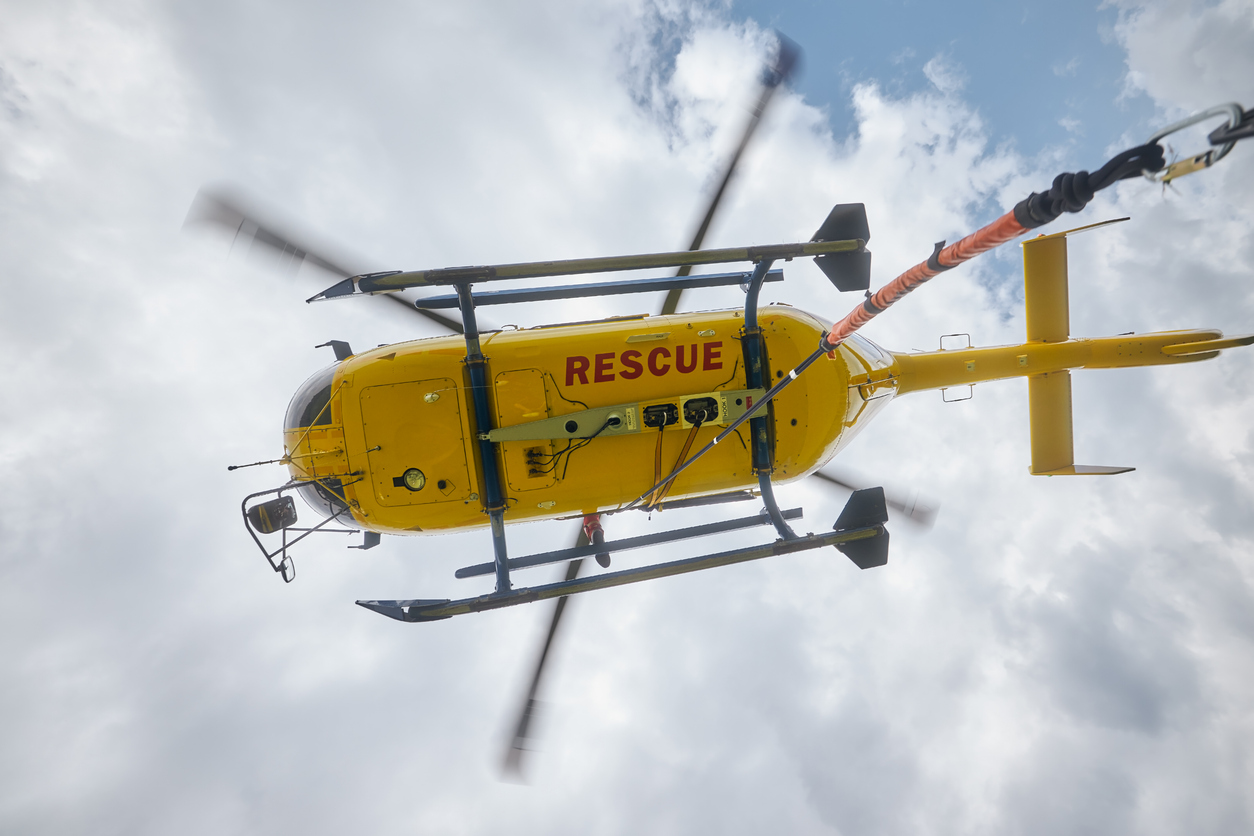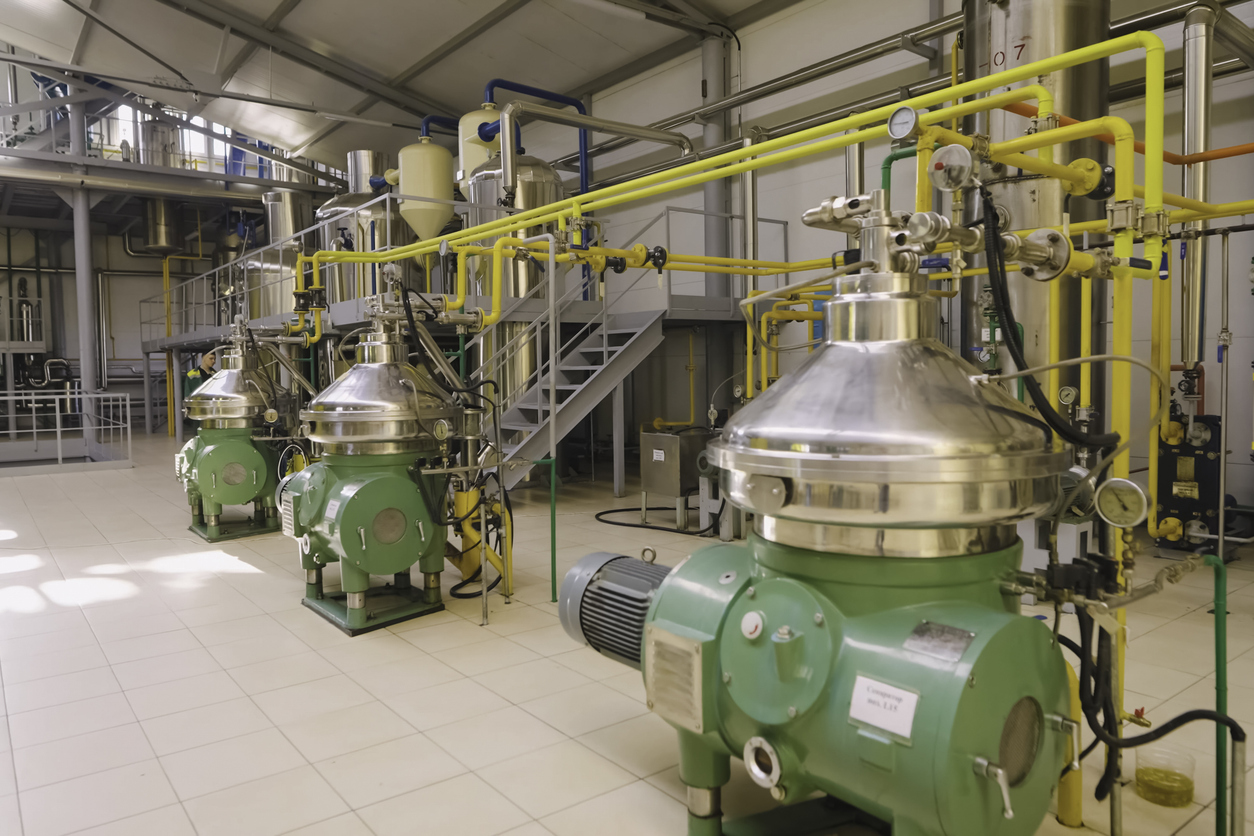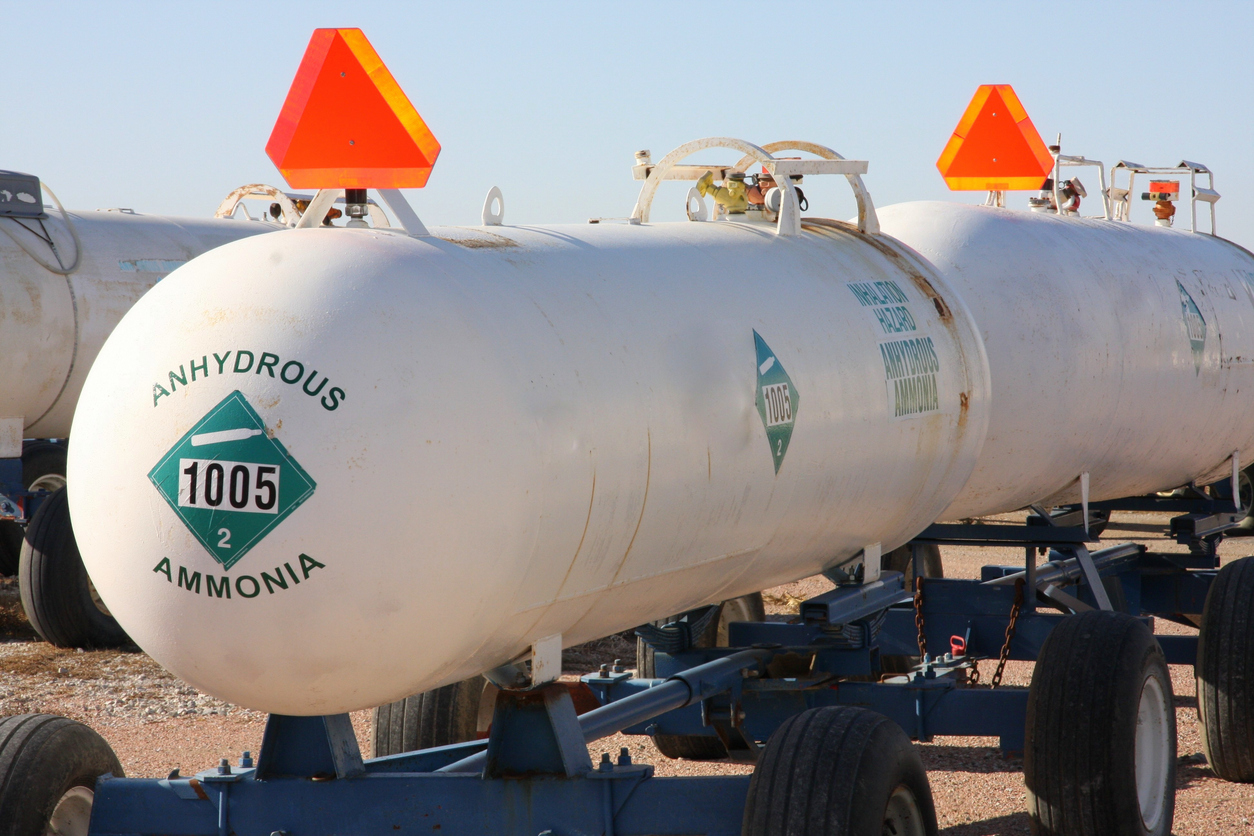Rapid Intervention Vehicles: Essential Tools for Emergency Response
Rapid Intervention Vehicles (RIVs) are specialized emergency response vehicles designed for quick deployment to incidents requiring immediate action, such as fires, rescues, and hazardous material situations. These vehicles are equipped with advanced firefighting, rescue, and medical equipment, allowing first responders to arrive at the scene quickly and provide critical interventions. This article explores the key features, applications, and benefits of RIVs, highlighting their importance in enhancing emergency response capabilities.
What is a Rapid Intervention Vehicle (RIV)?
A Rapid Intervention Vehicle is a compact, highly maneuverable emergency response vehicle equipped with firefighting and rescue tools. RIVs are designed to respond swiftly to incidents, particularly in areas where larger fire engines or rescue vehicles might face difficulties due to size constraints or traffic conditions.
Key Features of Rapid Intervention Vehicles:
- Compact Size: RIVs are smaller and more agile than traditional fire engines, allowing them to navigate through narrow streets and congested urban areas.
- Firefighting Equipment: Typically equipped with a water tank, foam systems, and high-pressure hoses, RIVs can quickly suppress small to medium fires before they escalate.
- Rescue Tools: RIVs often carry essential rescue tools such as hydraulic cutters, spreaders, and airlifting equipment, enabling responders to perform extrications and other emergency tasks.
- Medical Supplies: Many RIVs are also outfitted with basic life support equipment, such as defibrillators, oxygen tanks, and trauma kits, to provide immediate care to victims.
Applications of Rapid Intervention Vehicles
RIVs are versatile and can be deployed in various emergency situations:
1. Urban Firefighting
- Quick Response: RIVs are ideal for responding to fires in densely populated urban areas, where traffic and narrow streets can delay larger fire engines. Their rapid deployment helps contain fires before they spread.
- Initial Attack: RIVs can carry out the initial attack on a fire while waiting for larger firefighting units to arrive, potentially saving lives and property.
2. Road Traffic Accidents (RTAs)
- Extrication: RIVs are equipped with rescue tools that allow first responders to extricate victims trapped in vehicles following a collision.
- First Aid: The medical supplies on board enable RIVs to provide immediate care to injured persons at the scene of an accident, stabilizing them until an ambulance arrives.
3. Airport and Industrial Safety
- Rapid Deployment: In environments such as airports and industrial complexes, RIVs provide rapid response to fires, chemical spills, or other emergencies, minimizing the risk of catastrophic damage.
- Specialized Equipment: RIVs used in these settings are often equipped with additional tools, such as foam-based extinguishing systems and chemical detection devices, tailored to the specific hazards of the location.
Benefits of Using Rapid Intervention Vehicles
1. Speed and Agility
- Faster Response Times: The compact design of RIVs allows them to bypass traffic and reach emergency scenes faster than traditional fire engines, which is crucial in time-sensitive situations.
- Ease of Navigation: RIVs can access areas that larger vehicles cannot, such as narrow streets, alleys, and other confined spaces, ensuring that no area is out of reach during an emergency.
2. Versatility
- Multi-Functionality: RIVs are equipped to handle a variety of emergencies, from firefighting and rescues to providing medical assistance, making them highly versatile tools for emergency services.
- Adaptability: The modular design of many RIVs allows them to be customized with equipment specific to the needs of the area they serve, whether that’s urban firefighting, industrial safety, or airport operations.
3. Cost-Effectiveness
- Lower Operating Costs: RIVs typically require less fuel and maintenance compared to larger fire engines, reducing the overall cost of emergency response operations.
- Resource Efficiency: By enabling a rapid initial response, RIVs can often prevent the escalation of incidents, reducing the need for extensive deployment of resources.
Conclusion
Rapid Intervention Vehicles are essential assets for emergency services, providing a fast, versatile, and cost-effective solution for responding to a wide range of incidents. Their ability to navigate tight spaces and respond quickly to emergencies makes them invaluable in urban settings, road traffic accidents, and specialized environments like airports and industrial facilities.
At Wigmore Trading, we offer a range of high-quality Rapid Intervention Vehicles designed to meet the needs of various emergency services. Our team is dedicated to helping you find the right vehicle for your specific requirements, ensuring that you are equipped to respond effectively to any emergency situation.
Get in Touch:
Looking to enhance your emergency response capabilities? Contact Wigmore Trading for expert advice and a wide selection of Rapid Intervention Vehicles. Visit our website, email, or call us to explore our range and find the perfect solution for your needs.








Comments are closed.